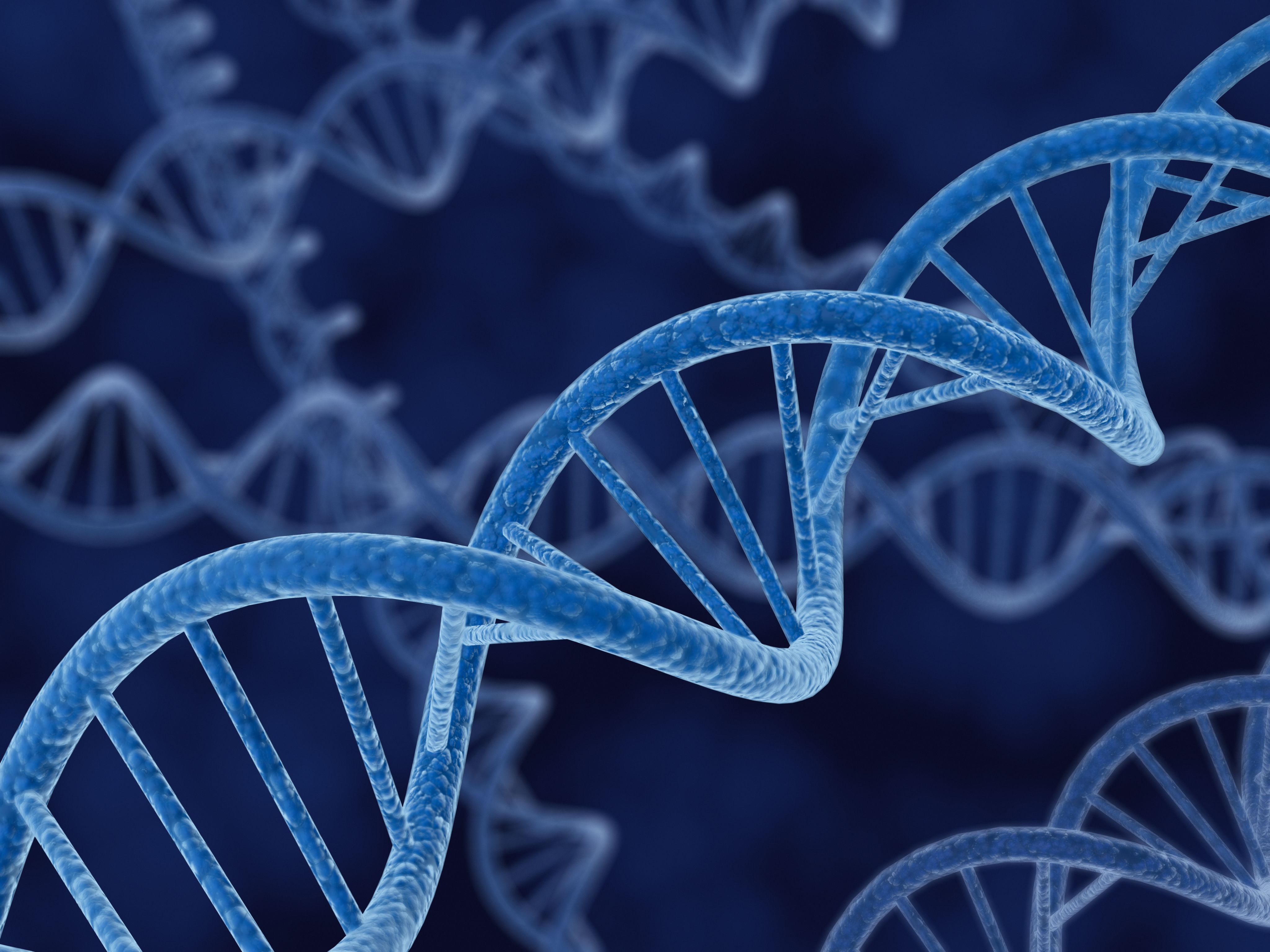Case study: Biomedicine, Environmental Solutions, Clean Growth
Phenotypeca
Part of the Engineering Biology Story

Phenotypeca Limited uses state-of-the-art yeast breeding technologies combined with synthetic biology to produce proteins and peptides for industry. Beyond producing products, their work pushes the boundaries of what biotechnology can achieve.
The company was founded in 2018 by Professor Ed Louis and Dr Chris Finnis to improve the availability and affordability of medical products based on biologically produced proteins and peptides. Phenotypeca’s technology, underpinned by background research partly supported by BBSRC, improves and tailors yeast strains used for producing products. The technology has many advantages for industrial manufacturing, improving the cost of goods, scalability, and downstream processing performance.
Phenotypeca’s main facilities are in BioCity-Nottingham, and they have an embedded laboratory at SBRC Nottingham. This has facilitated their industrial support for UKRI-funded studentships and a Knowledge Transfer Partnership (KTP). The KTP integrated machine learning into Phenotypeca’s process, enhancing the development of the company’s technology.
Phenotypeca has collaborated with Isogenica Limited to produce single-domain antibodies (VHH) for therapeutic applications. With Phenotypeca’s technology, over 20 times more VHH protein was produced compared to the starting strains. Phenotypeca is also improving the production of recombinant human albumin, an important ingredient for vaccine manufacturing and the culture media needed for cell and gene therapies. They have identified higher-yield yeast strains whilst maintaining albumin quality. This could make medicines more accessible and affordable in low and middle-income countries.
In collaboration with HexisLab, a skincare research company, Phenotypeca is now investigating how breakthrough hair and skin care products can be manufactured with enhanced efficacy. They are also developing products to improve animal health, using knowledge gained from treating human diseases.
Phenotypeca is using engineered yeast to produce medicinal peptides and proteins. (Credit: Phenotypeca)
Phenotypeca is using engineered yeast to produce medicinal peptides and proteins. (Credit: Phenotypeca)
Phenotypeca is using engineered yeast to produce medicinal peptides and proteins. (Credit: Phenotypeca)
Phenotypeca is using engineered yeast to produce medicinal peptides and proteins. (Credit: Phenotypeca)
Phenotypeca Limited uses state-of-the-art yeast breeding technologies combined with synthetic biology to produce proteins and peptides for industry. Beyond producing products, their work pushes the boundaries of what biotechnology can achieve.
The company was founded in 2018 by Professor Ed Louis and Dr Chris Finnis to improve the availability and affordability of medical products based on biologically produced proteins and peptides. Phenotypeca’s technology, underpinned by background research partly supported by BBSRC, improves and tailors yeast strains used for producing products. The technology has many advantages for industrial manufacturing, improving the cost of goods, scalability, and downstream processing performance.
Phenotypeca’s main facilities are in BioCity-Nottingham, and they have an embedded laboratory at SBRC Nottingham. This has facilitated their industrial support for UKRI-funded studentships and a Knowledge Transfer Partnership (KTP). The KTP integrated machine learning into Phenotypeca’s process, enhancing the development of the company’s technology.
Phenotypeca has collaborated with Isogenica Limited to produce single-domain antibodies (VHH) for therapeutic applications. With Phenotypeca’s technology, over 20 times more VHH protein was produced compared to the starting strains. Phenotypeca is also improving the production of recombinant human albumin, an important ingredient for vaccine manufacturing and the culture media needed for cell and gene therapies. They have identified higher-yield yeast strains whilst maintaining albumin quality. This could make medicines more accessible and affordable in low and middle-income countries.
In collaboration with HexisLab, a skincare research company, Phenotypeca is now investigating how breakthrough hair and skin care products can be manufactured with enhanced efficacy. They are also developing products to improve animal health, using knowledge gained from treating human diseases.
BBSRC invests to push back the frontiers of biology and deliver a healthy, prosperous and sustainable future.
www.ukri.org/councils/bbsrc/
Get in touch with us to discuss BBSRC’s research outcomes and impacts or to tell us about your own:
Emma Lambourne
Senior Manager, Impact Evidence
emma.lambourne@bbsrc.ukri.org
Dr Beverley Thomas
Associate Director, Evidence and Evaluation
beverley.thomas@bbsrc.ukri.org
Dr Rosie Ford
Manager, Impact Evidence
rosie.ford@bbsrc.ukri.org
For more information about Engineering Biology contact BBSRC’s Transformative Technologies Team
Eng.Bio@bbsrc.ukri.org



